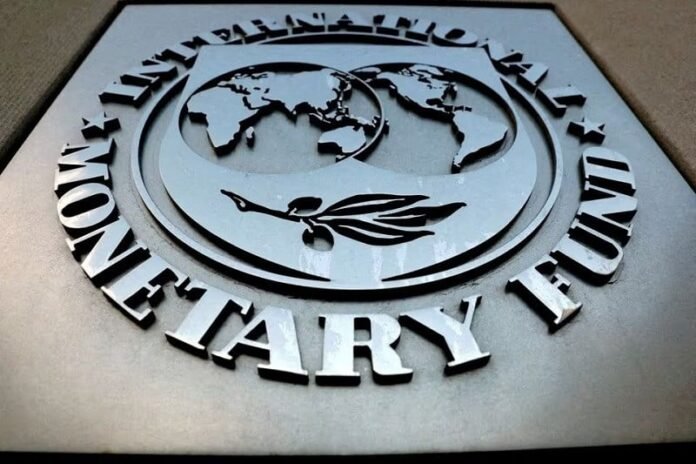[ad_1]
Downside risks for the economy remain exceptionally high, the International Monetary Fund (IMF) said on Friday, in its staff report, ahead of government talks with the fund on a longer-term programme.
An International Monetary Fund mission is expected to visit Pakistan this month to discuss a new programme, ahead of Islamabad beginning its annual budget-making process for the next financial year.
“Downside risks remain exceptionally high. While the new government has indicated its intention to continue the SBA’s policies, political uncertainty remains significant,” said the fund in its staff report following the second and final review under the standby arrangement (SBA).
The fund added that political complexities and high cost of living could weigh on policy, adding that policy slippages, together with lower external financing, could undermine the narrow path to debt sustainability and place pressure on the exchange rate.
Read more: IMF tranche takes reserves to 22-month high
The IMF also said higher commodity prices and disruptions to shipping, or tighter global financial conditions, would also adversely affect external stability for the cash-strapped nation.
The fund stressed the need for timely post-program external financing disbursements.
Pakistan last month completed a short-term $3 billion programme, which helped stave off sovereign default, but the government of Prime Minister Shehbaz Sharif has stressed the need for a fresh, longer-term programme.
And there certainly were strong suggestions in the minutes today that that first cut from the ECB will come in June.
Also read: IMF urges Pakistan to tax pensioners
Pakistan narrowly averted default last summer, and its $350 billion economy has stabilised after the completion of the last IMF programme, with inflation coming down to around 17% in April from a record high 38% last May.
It is still dealing with a high fiscal shortfall and while it has controlled its external account deficit through import control mechanisms, it has come at the expense of stagnating growth, which is expected to be around 2% this year compared to negative growth last year.
Pakistan is expected to seek at least $6 billion and request additional financing from the Fund under the Resilience and Sustainability Trust.
[ad_2]
Source link

